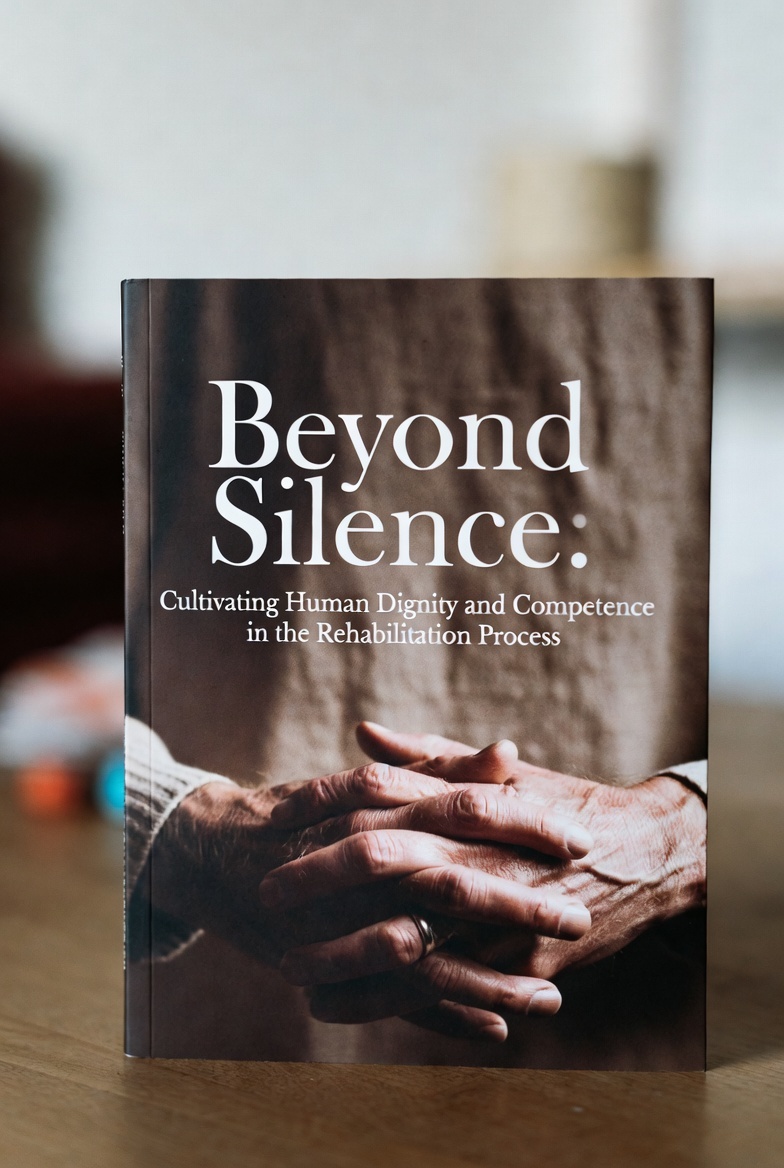Cosmetic surgery is often associated with physical transformation—sculpting the body, smoothing skin, or enhancing specific features. But while the physical changes take place in an operating room, the emotional journey begins long before the first incision and continues well into recovery. Preparing mentally for cosmetic surgery is just as crucial as preparing physically, as it lays the groundwork for a healthier experience and more satisfying results.
Setting Realistic Expectations
The first step in any cosmetic surgery journey is to cultivate a clear, balanced understanding of what the procedure can—and cannot—achieve. Many individuals begin the process with idealized visions of perfection, influenced by social media filters, celebrities, or personal insecurities. However, setting realistic expectations helps avoid disappointment and sets the stage for a more grounded recovery.
It’s important to understand that while cosmetic surgery can enhance or improve certain areas, it doesn’t guarantee complete happiness or fix deep-rooted self-esteem issues. For example, an arm lift will give a more toned appearance, but it’s important to pair cosmetic revamps with mental wellness work. Clarity and honesty about what you’re hoping to achieve can keep expectations aligned with reality.
Healthy Motivations vs. Body Dysmorphia
A key part of mental preparation involves examining your motivations. Are you undergoing surgery for yourself or to meet someone else’s standards? Are you focusing on a particular concern that has been troubling you for some time, or are you pursuing an ever-changing ideal of “perfection”? There’s a major difference between healthy self-improvement and body dysmorphic tendencies.
Body dysmorphic disorder (BDD) is a mental health condition where a person becomes obsessively focused on perceived flaws in their appearance, often seeing problems that others don’t notice at all. People with BDD may pursue repeated surgeries in hopes of fixing what they believe is wrong, but these procedures rarely bring lasting satisfaction.
A presurgical consultation with a therapist can identify unhealthy patterns, ensuring your motivation is based on self-care rather than self-criticism. This proactive step supports a healthier mindset, fostering positive outcomes. Addressing emotional readiness builds a foundation of confidence and well-being for your surgical journey.

Pre-Surgery Mental Preparation Techniques
Much like a physical care routine before surgery, such as adjusting your diet or avoiding certain medications, emotional preparations can also build resilience for the journey ahead.
- Journaling: Writing down your reasons for the procedure, your hopes, and any fears can provide emotional clarity. It can also help track your mental progress leading up to the surgery and create a sense of purpose throughout the experience.
- Therapy: Speaking with a licensed therapist allows you to explore your motivations, address anxiety, and build strategies for coping with emotional highs and lows during recovery. Even a few sessions before the surgery can provide long-term benefits.
- Support Groups: Online forums or local groups offer a space to connect with others who are undergoing or have undergone similar procedures. Sharing experiences and insights can ease feelings of isolation and give a more rounded view of the cosmetic surgery experience.
Daily reflection practices can also help ground your mindset and keep you focused on the present moment. Something as simple as taking a few minutes each day to read a short passage can reinforce clarity, intention, and self-compassion as you prepare. These mental tools help foster emotional awareness and prepare you to manage not only physical discomfort but also psychological fluctuations.
Understanding the Emotional Timeline
While some may feel immediate elation after surgery, many people experience a more complex emotional trajectory. The early days post-surgery can be filled with discomfort, swelling, and a temporarily distorted appearance. This is where the “post-op blues” often settle in—a common period of emotional downturn that can involve mood swings, regret, or irritability.
Week by week, emotions may shift. The first week may bring fatigue and frustration due to limited mobility or physical pain. In the second and third weeks, you might start to see progress, but the full results are still hidden, which can create impatience. Around the one-month mark, many patients start to feel more positive as the healing becomes more apparent.
Understanding that this emotional timeline is typical and temporary can be reassuring. It reminds you that ups and downs are part of the process, not signs that something has gone wrong.

When to Seek Professional Support
Sometimes, post-surgical emotions go beyond typical recovery blues. If you find yourself overwhelmed by depression, anxiety, or an inability to connect with others during your recovery, it may be time to seek professional mental health support.
Signs you may need additional help include:
- Persistent negative thoughts about your appearance
- Extreme regret or anxiety about the surgery
- Difficulty performing daily tasks or engaging in normal activities
- Isolating yourself from support systems
- Any thoughts of self-harm
These aren’t signs of weakness—they’re signs that your mind needs the same kind of care and support that your body is receiving. Speaking to a counselor or therapist can help you process emotions, gain perspective, and feel more in control of your healing journey.

Embracing Your New Self: A Balanced Conclusion
Cosmetic surgery transforms more than your appearance; it reshapes how you feel in your own skin. It’s a journey into emotional resilience and self-awareness. Mental preparation enhances confidence and clarity, helping you manage emotional fluctuations post-surgery.
This journey involves complex psychological changes, manageable with awareness and honesty. Recognizing motivations and preparing mentally empower you to navigate challenges with strength and resilience. As a result, you emerge stronger and more in tune with your authentic self.
Frequently Asked Questions
What should I consider before cosmetic surgery?
Evaluate your motivations, set realistic expectations, and mentally prepare by consulting with professionals and joining support groups.
How can therapy aid my surgical journey?
Therapy provides a space to explore emotions, manage anxiety, and build coping strategies, enriching your overall experience.
What are the emotional stages post-surgery?
Expect a range of emotions, from initial discomfort to gradual acceptance and satisfaction, as healing progresses.
When should I seek additional mental health support?
If you experience persistent negative thoughts or difficulty in daily life, consult with a mental health professional for support.
How do I align my expectations with reality?
Maintain open dialogue with your surgeon and mental health experts to ensure your goals and outcomes are harmonious.




